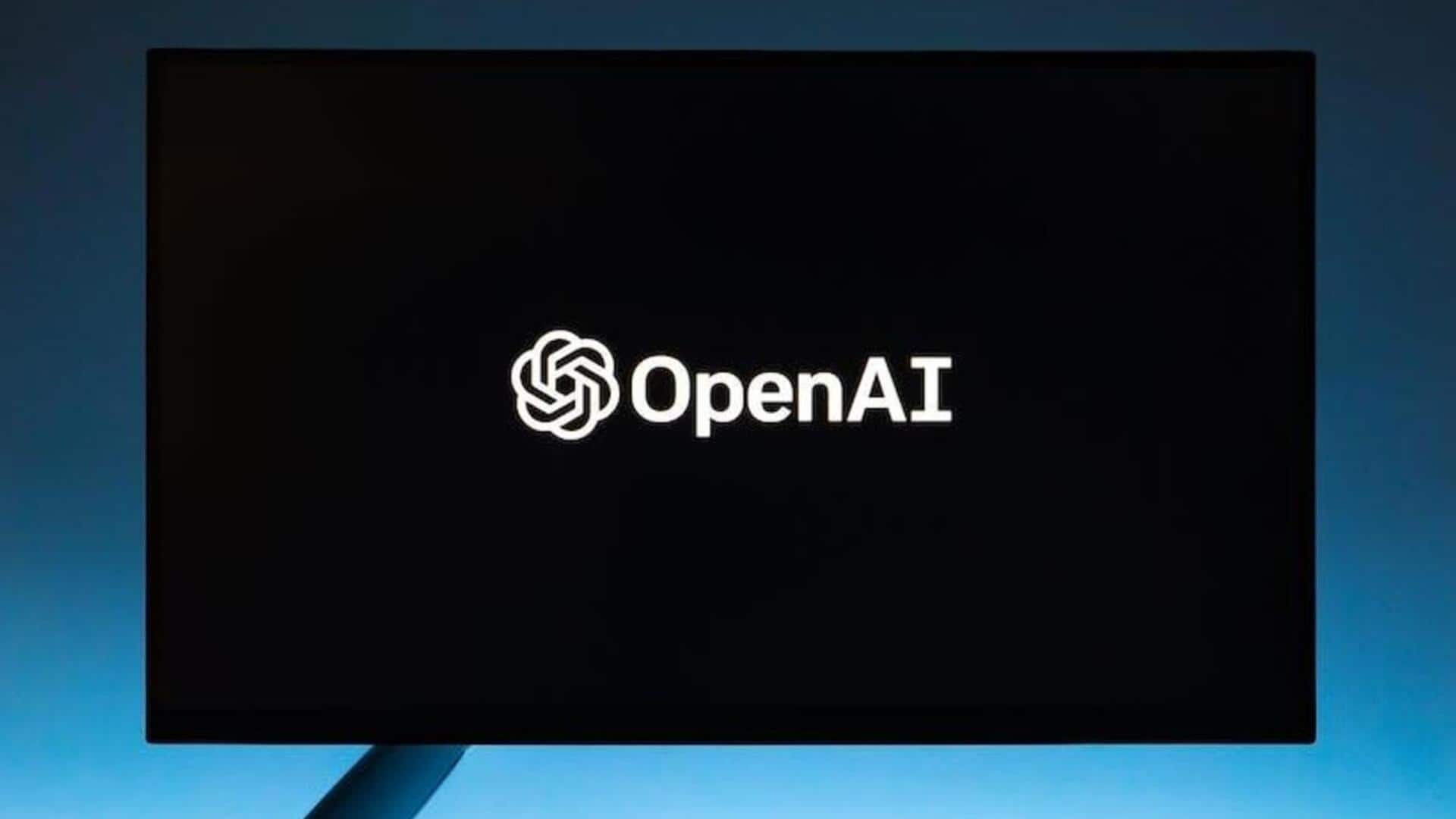
George RR Martin, other authors are suing OpenAI: Here's why
What's the story
Renowned author George RR Martin and a group of acclaimed writers have filed a lawsuit against OpenAI, over alleged copyright violations by the company's ChatGPT program and other AI advancements.
Around 17 authors, including John Grisham, Jodi Picoult, Sylvia Day, Jonathan Franzen, Elin Hilderbrand, and David Baldacci have taken legal action, and the lawsuit is organized by The Authors Guild.
Details
ChatGPT allegedly produced unauthorized outlines for derivative works
The authors accuse OpenAI of "systematic theft on a mass scale" by producing derivative works based on their original content without proper authorization.
They argue that OpenAI's AI systems are potentially reducing the value and uniqueness of their literary creations by generating such derivative content.
The lawsuit mentions cases where ChatGPT allegedly produced unauthorized outlines for works, including a prequel to Martin's renowned series, A Song of Ice and Fire.
Response
OpenAI is yet to respond to the allegations
OpenAI has not yet responded to the allegations made in the lawsuit.
The latest legal action follows a couple of similar lawsuits filed by authors worried about the potential misuse of their intellectual property and content by AI systems.
It stands as a testament to the tensions between creative rights and advancements in artificial intelligence, sparking discussions about fair use in relation to AI-generated content.
Official words
'Authors must have control'
Mary Rasenberger, CEO of the Authors Guild, said, "It is imperative that we stop this theft in its tracks or we will destroy our incredible literary culture, which feeds many other creative industries in the US."
"Great books are generally written by those who spend their careers and, indeed, their lives, learning and perfecting their crafts."
"To preserve our literature, authors must have the ability to control if and how their works are used by generative AI," she added.
Insights
Amazon has adjusted e-book policies amid growing concerns
The authors' concerns already appear to be leading to changes in industry policies.
Amazon, the US's largest book retailer, has now altered its e-book policies. The company requires authors to inform them in advance if they plan on including AI-generated content and has also imposed restrictions to curb the increase of such texts.
The recent legal action could have far-ranging implications, possibly setting a legal precedent for future disputes in the fast-evolving landscape of artificial intelligence and the creative sector.